The View from There
For the past month, France has been paralyzed by train and subway strikes. Many people walk four hours a day to go to work and back…

Ezra Pound once described classic literature as “news that stays news.” If I had to choose a composer whose music most often continues to give us “news,” I would pick Ludwig van Beethoven. Bach’s work is more perfectly constructed; Mozart’s is more miraculously balanced; Wagner may have been an even more influential figure (for good and ill)—and, of course, many other composers have written extraordinary pieces. But Beethoven is so gigantic, so utterly all over the place, so human—by turns funny, furious, warmly affectionate, unreachably isolated—that he seems the musician who forever inspires both the question “What the hell did he mean by that?” and the desire to investigate further. READ ON
Bette Midler perches on the shoulder of a giant bust of Ludwig van Beethoven, born 250 years ago. The turn of the decade marks a year’s worth of concerts honoring the composer, beginning with his Piano Concerto No. 3, to be conducted by the Berlin Philharmonic’s Kirill Petrenko from January 9 to 11.
Read On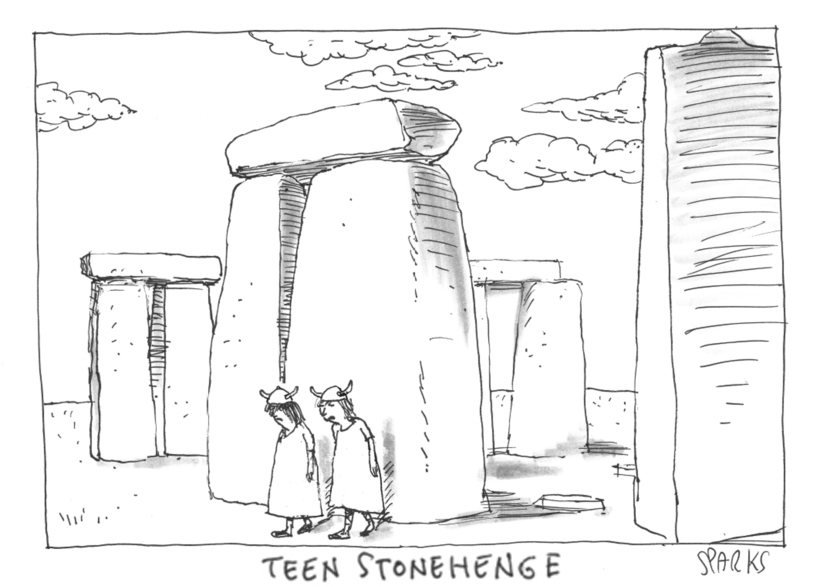
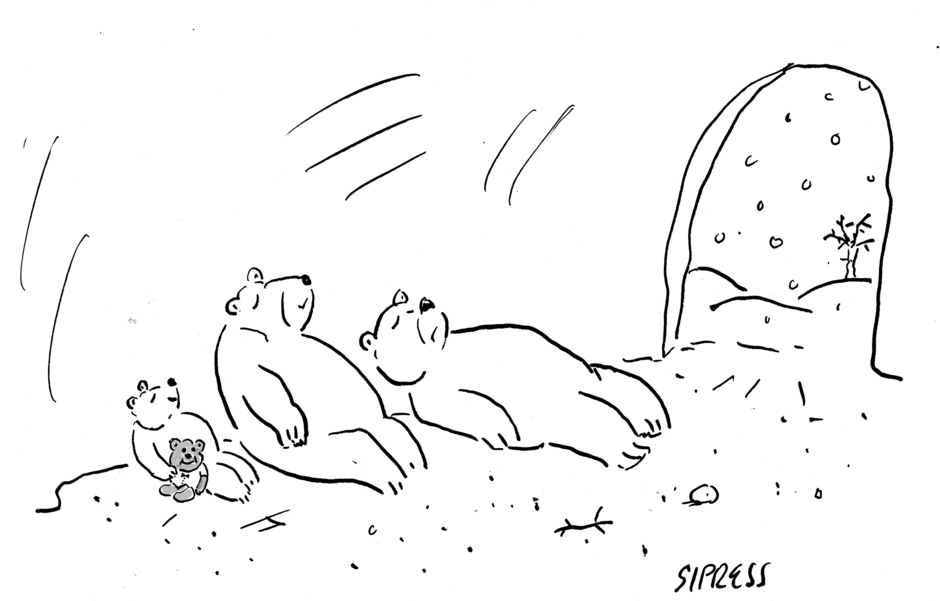
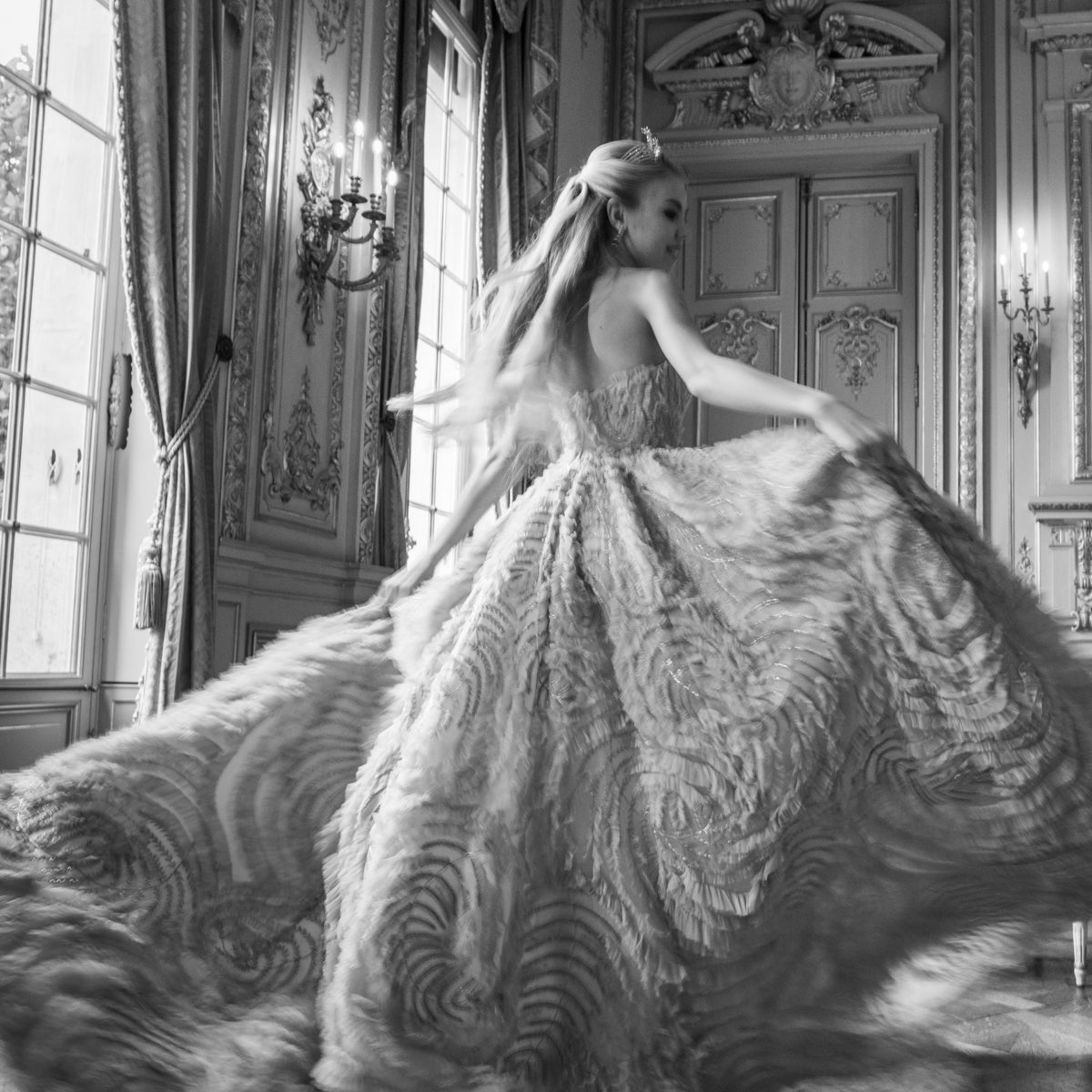
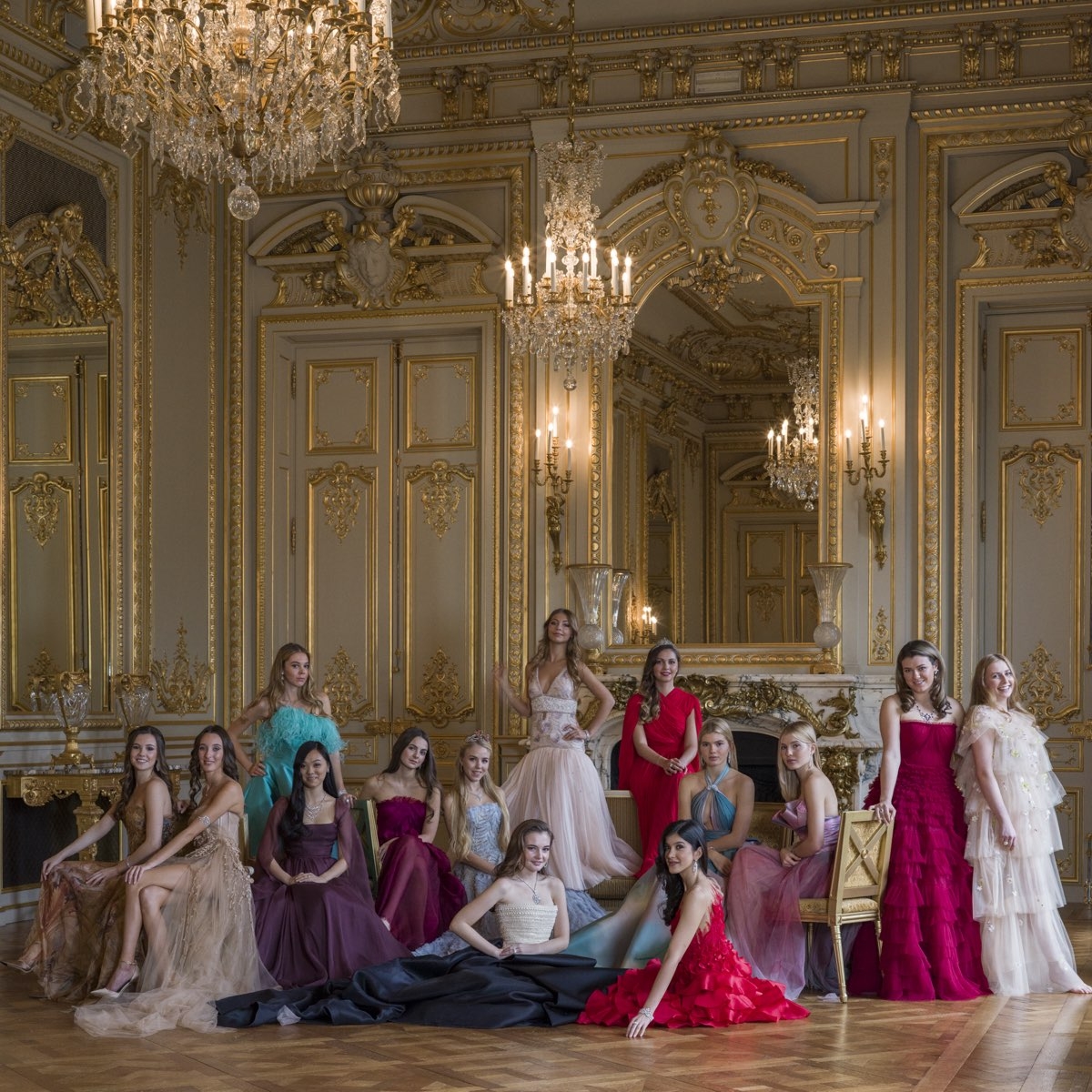
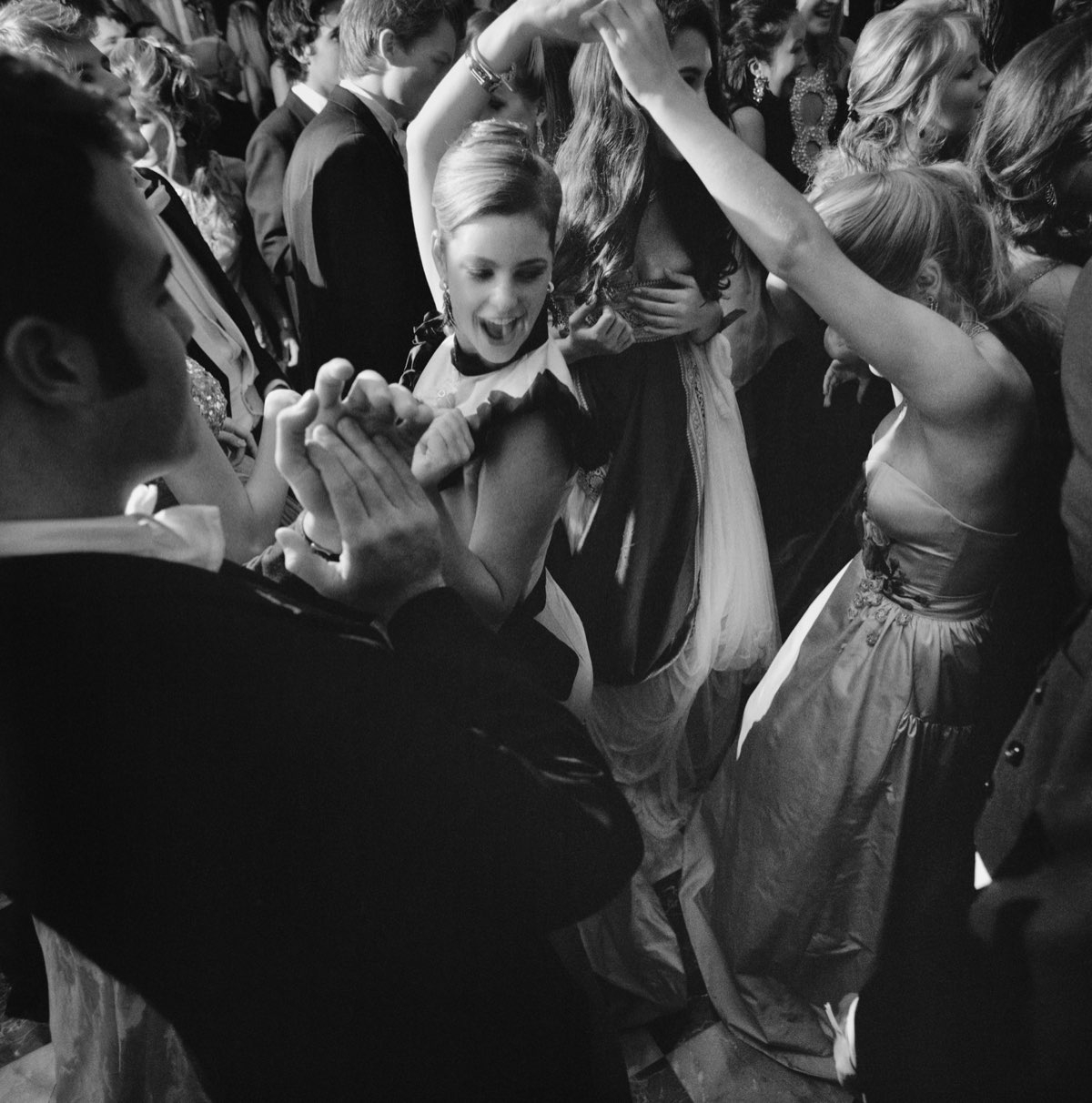
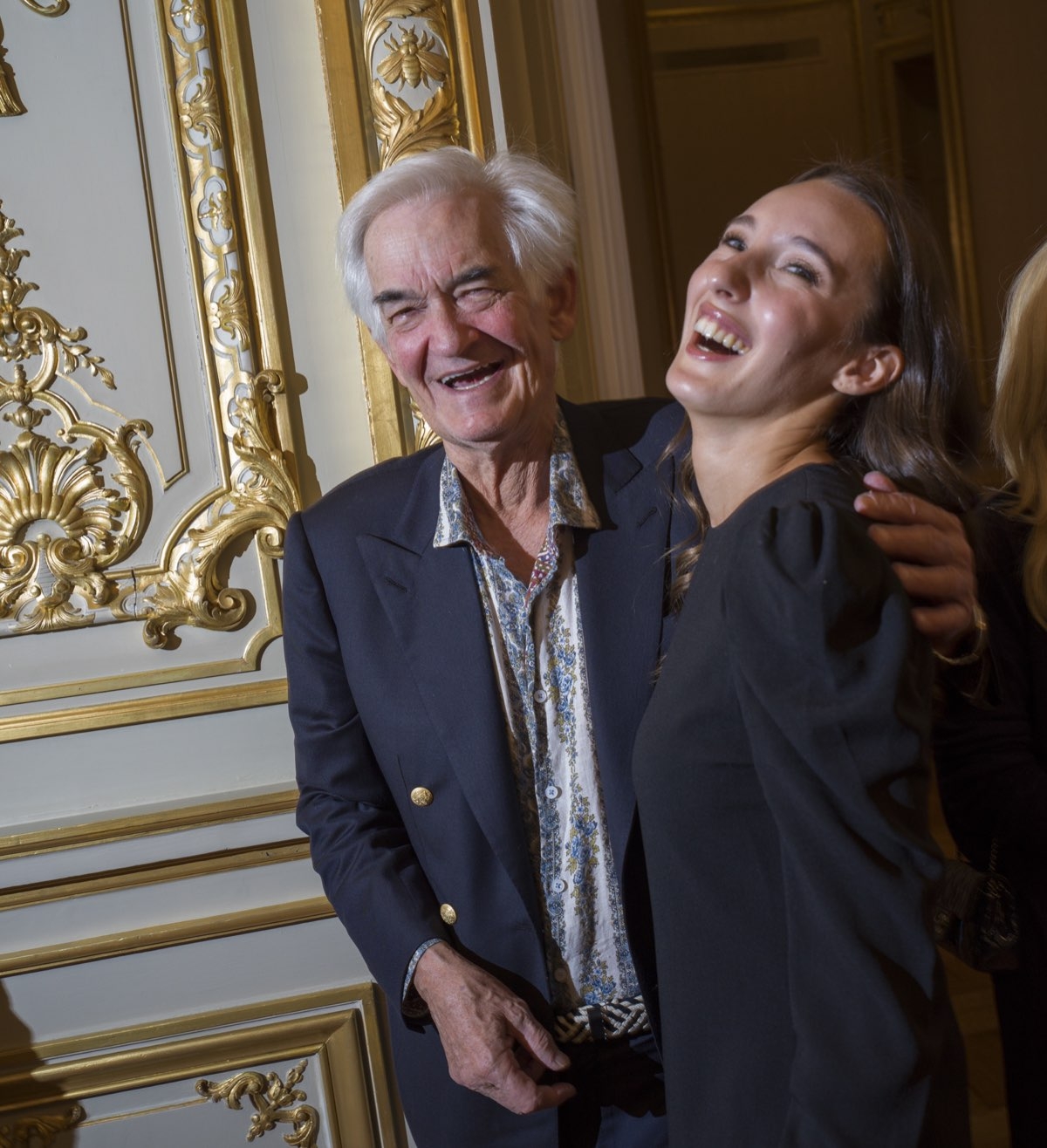
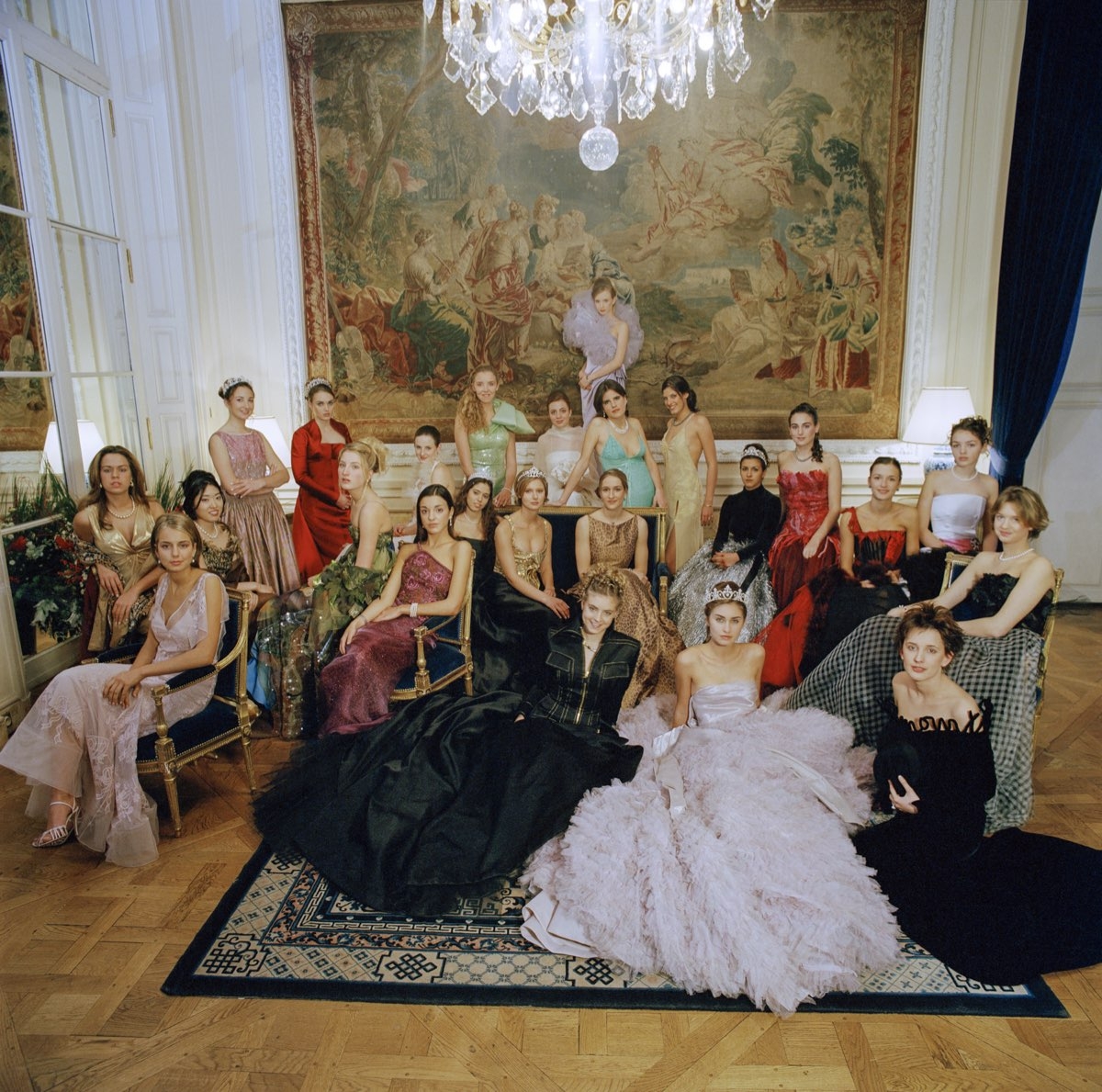
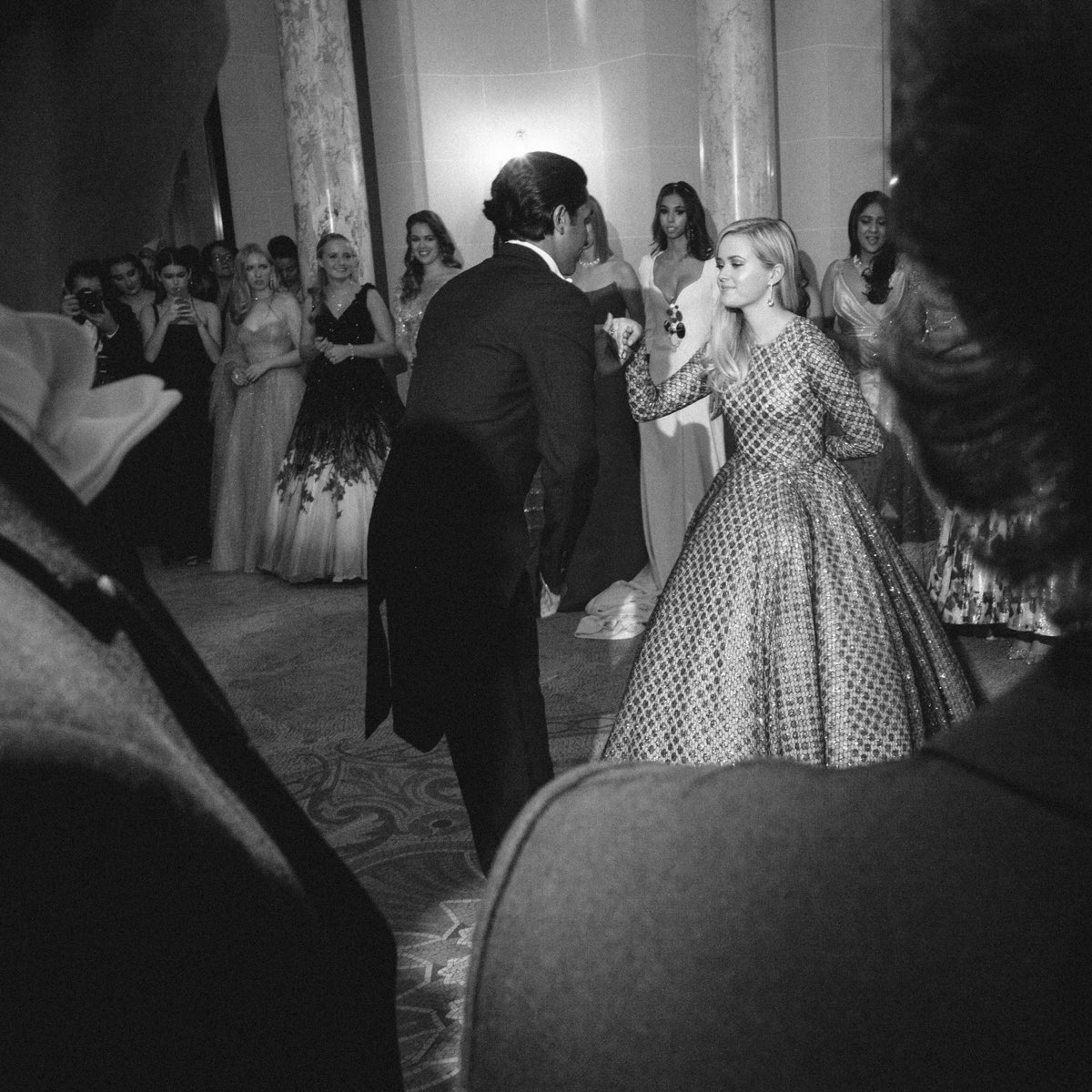
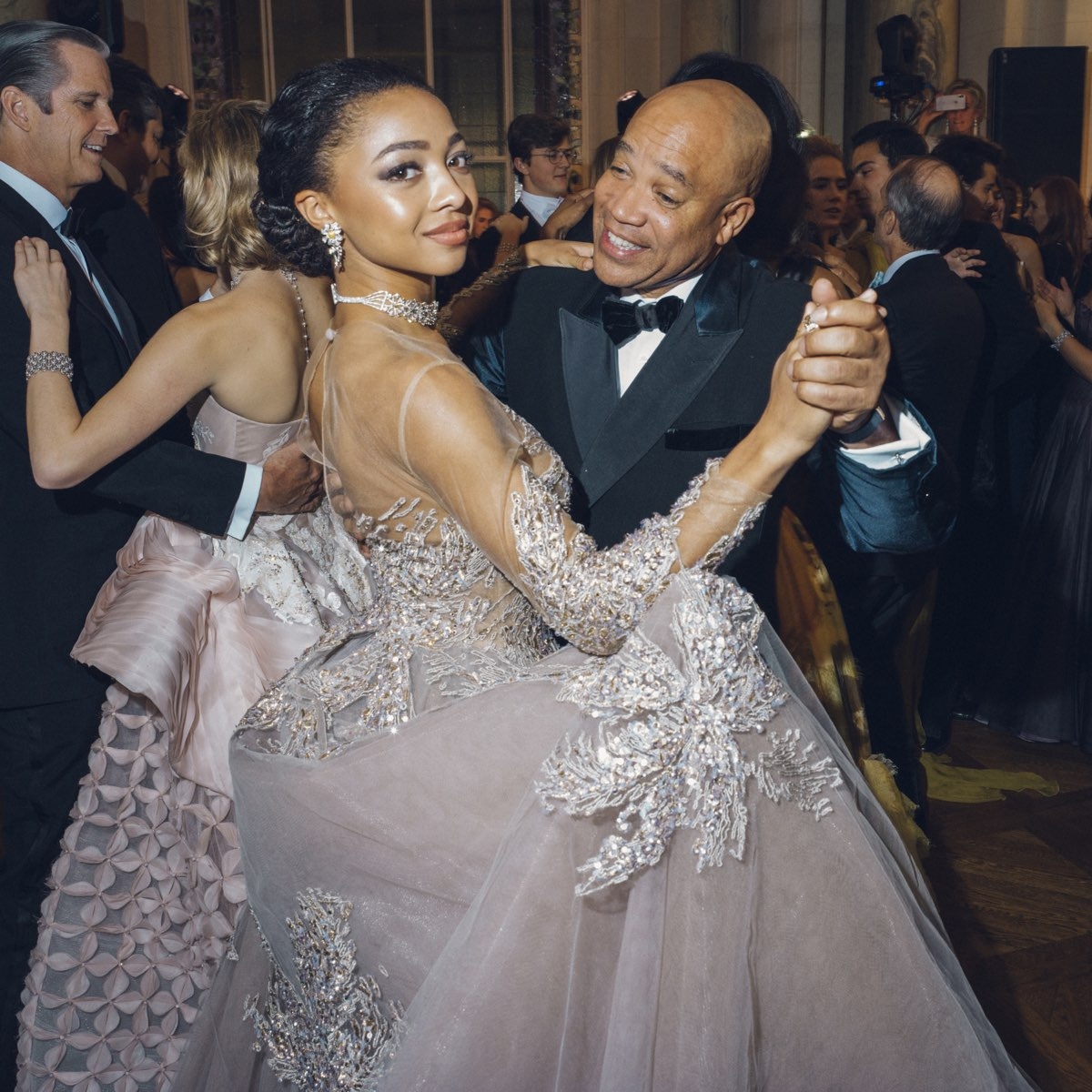
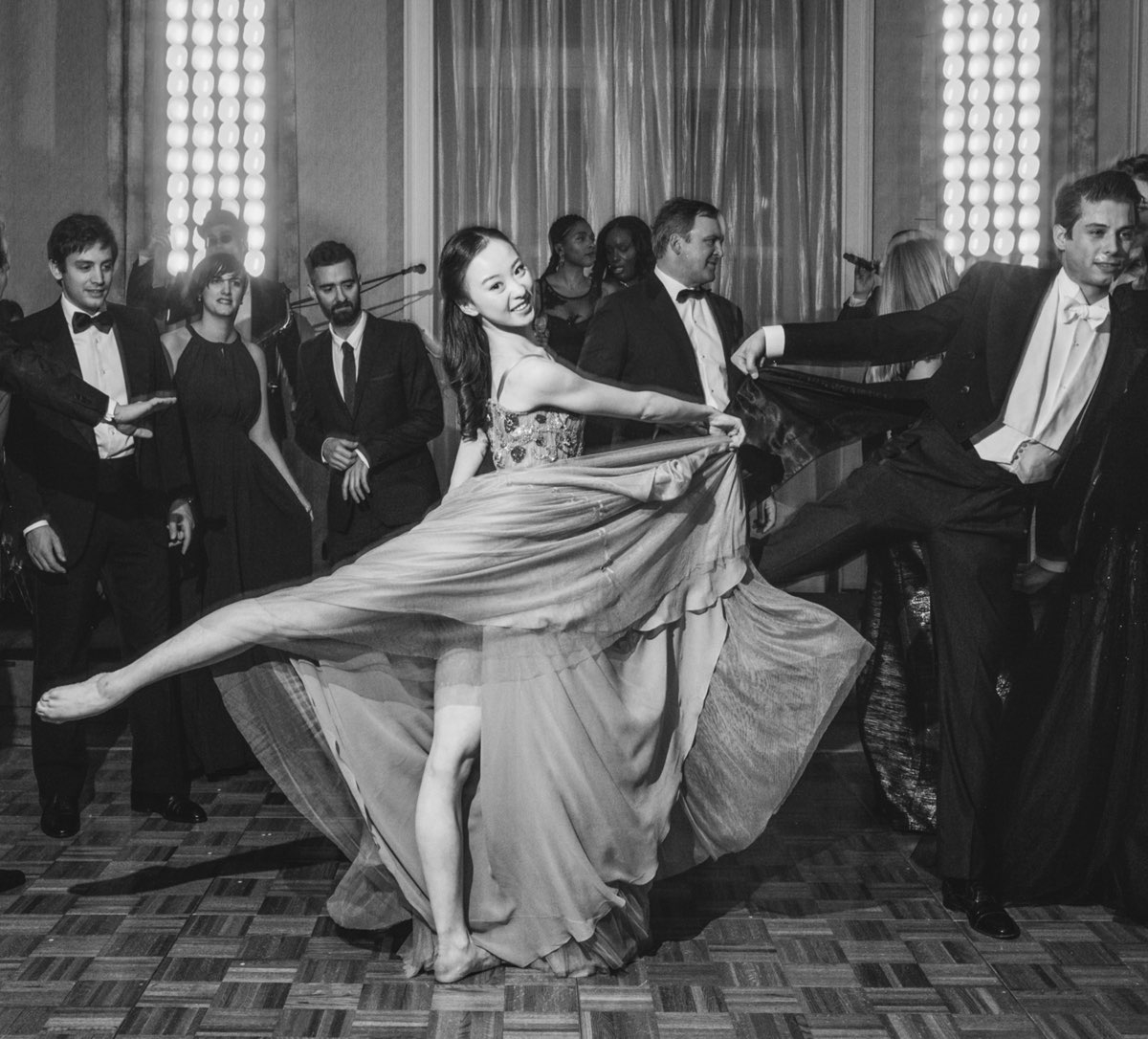
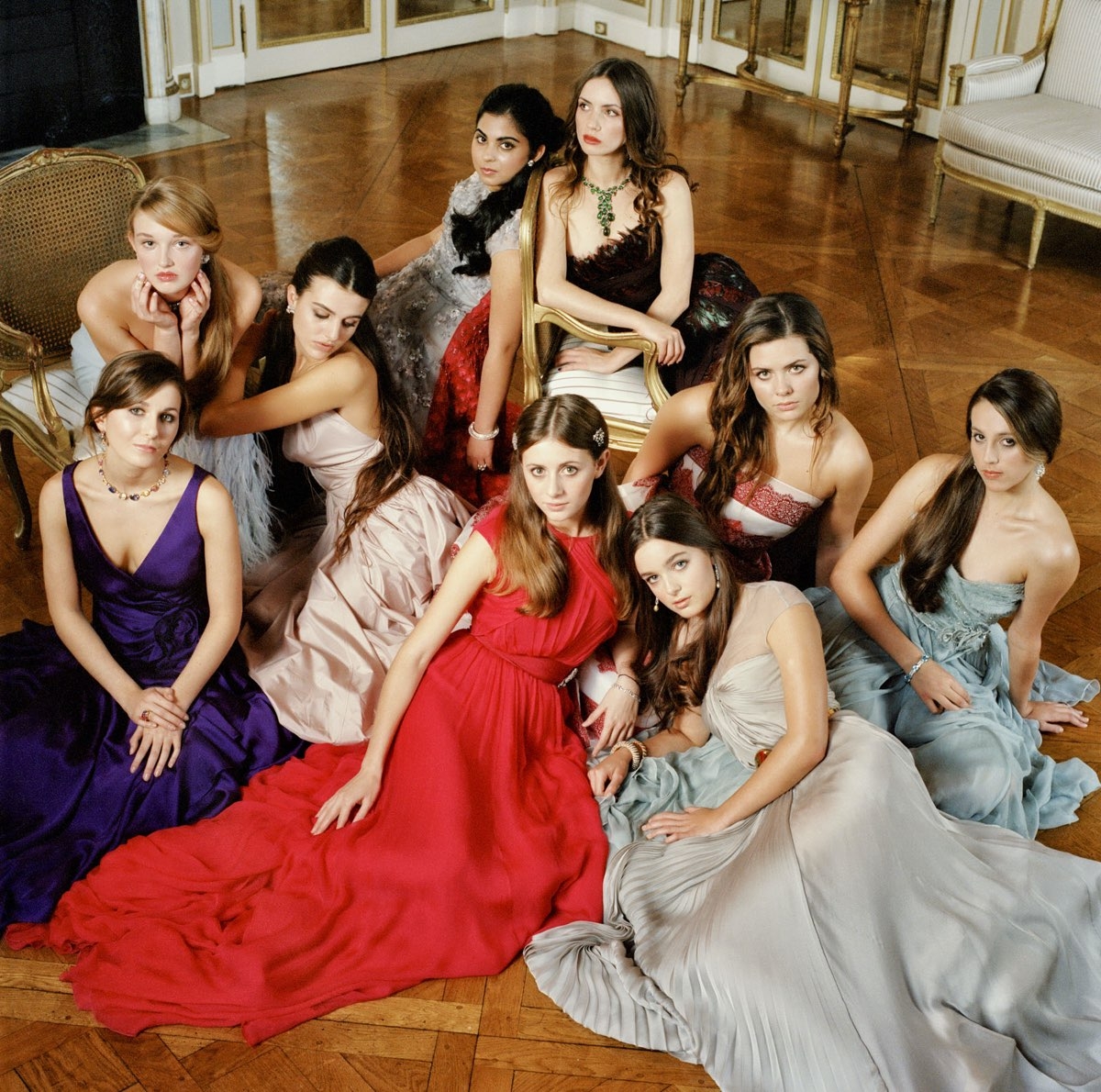
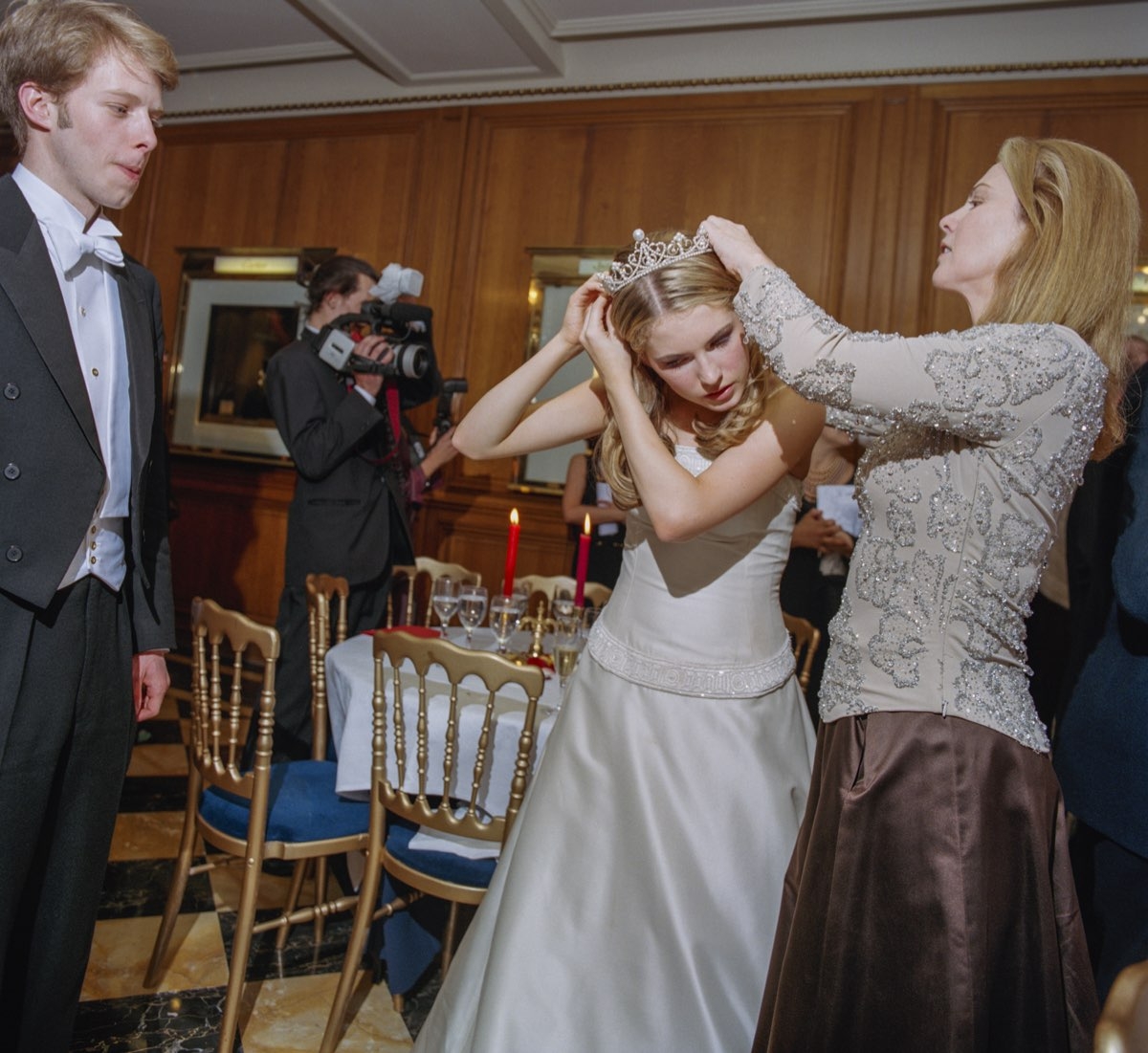
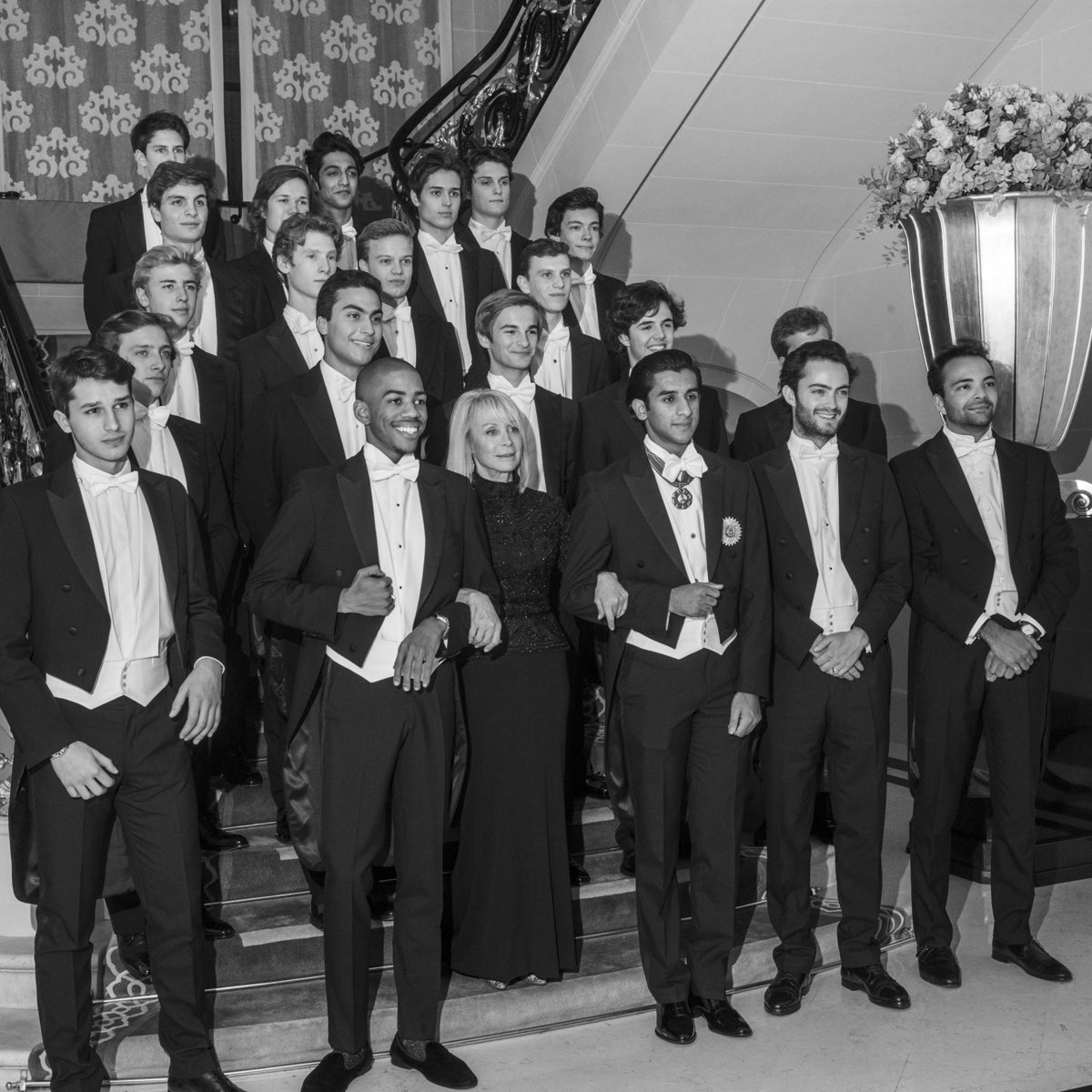
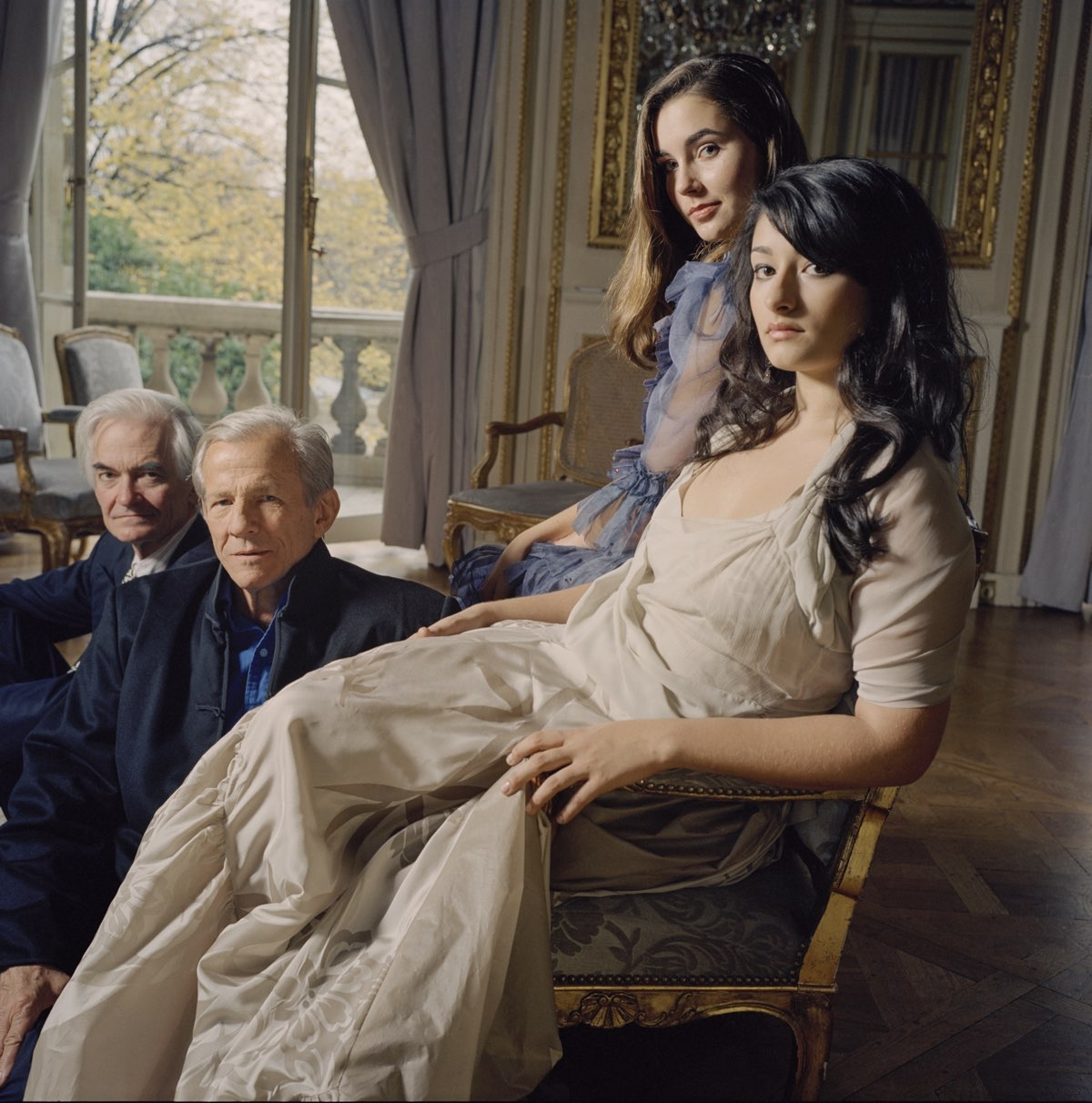
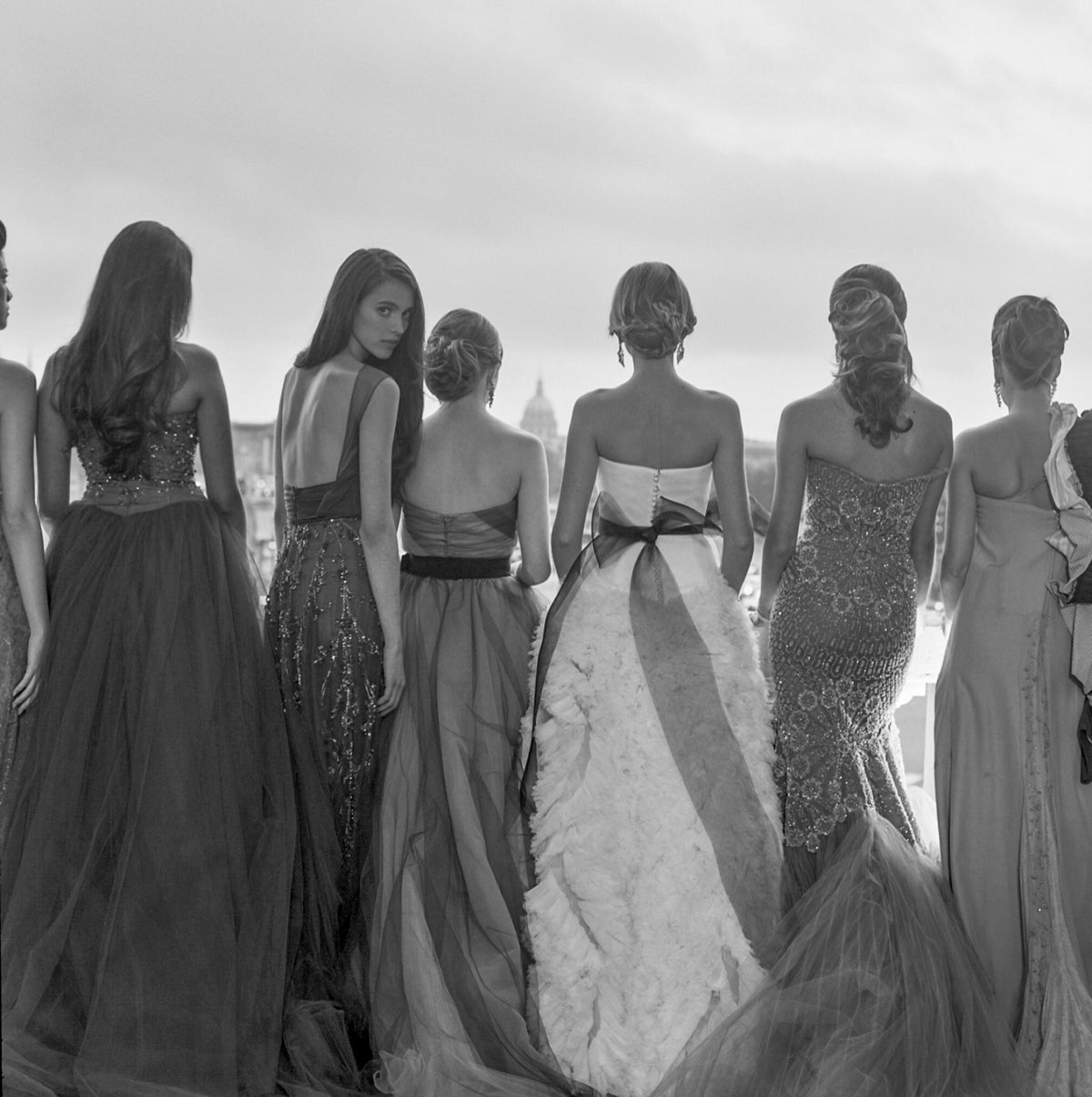
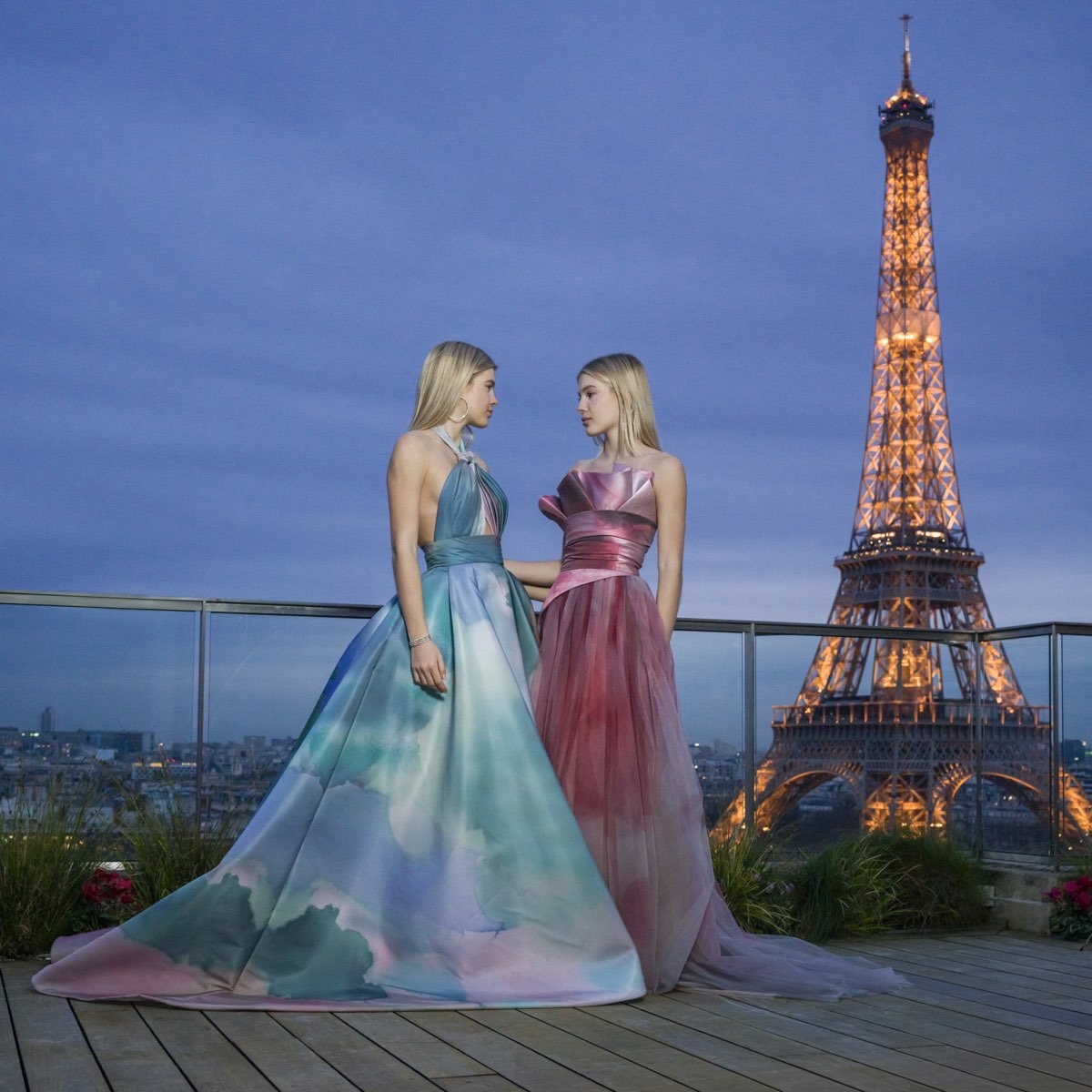
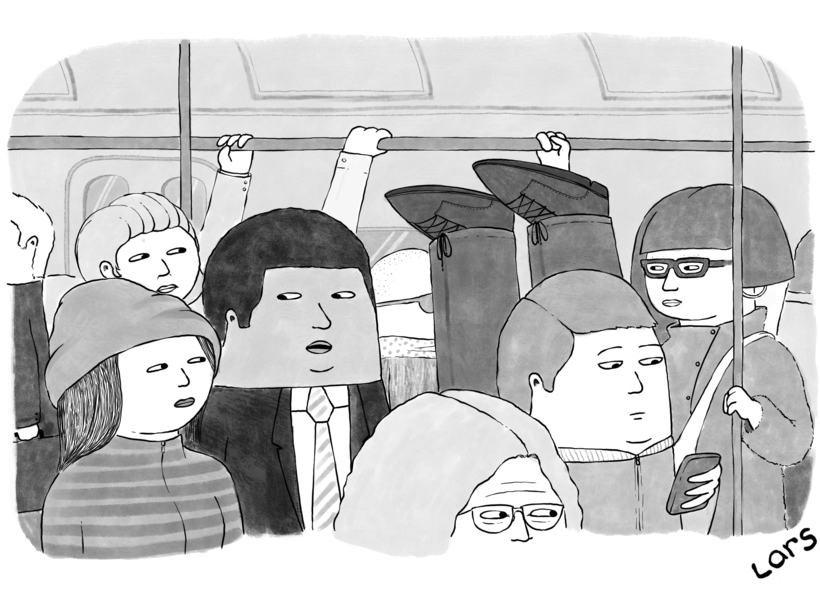
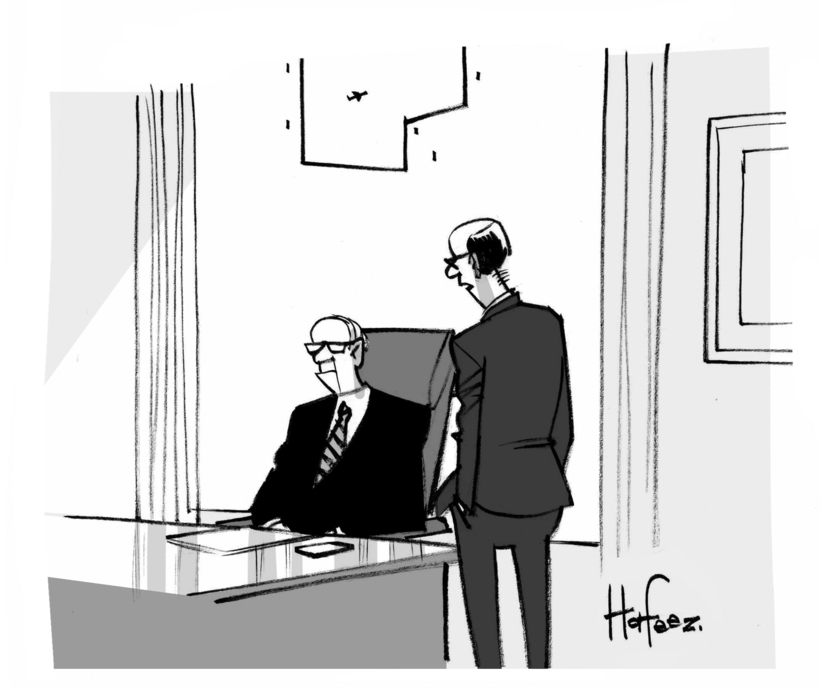
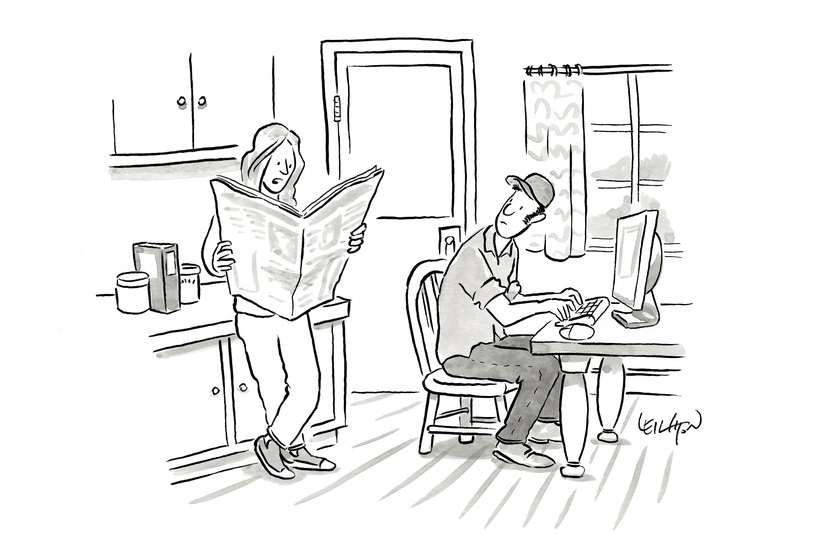






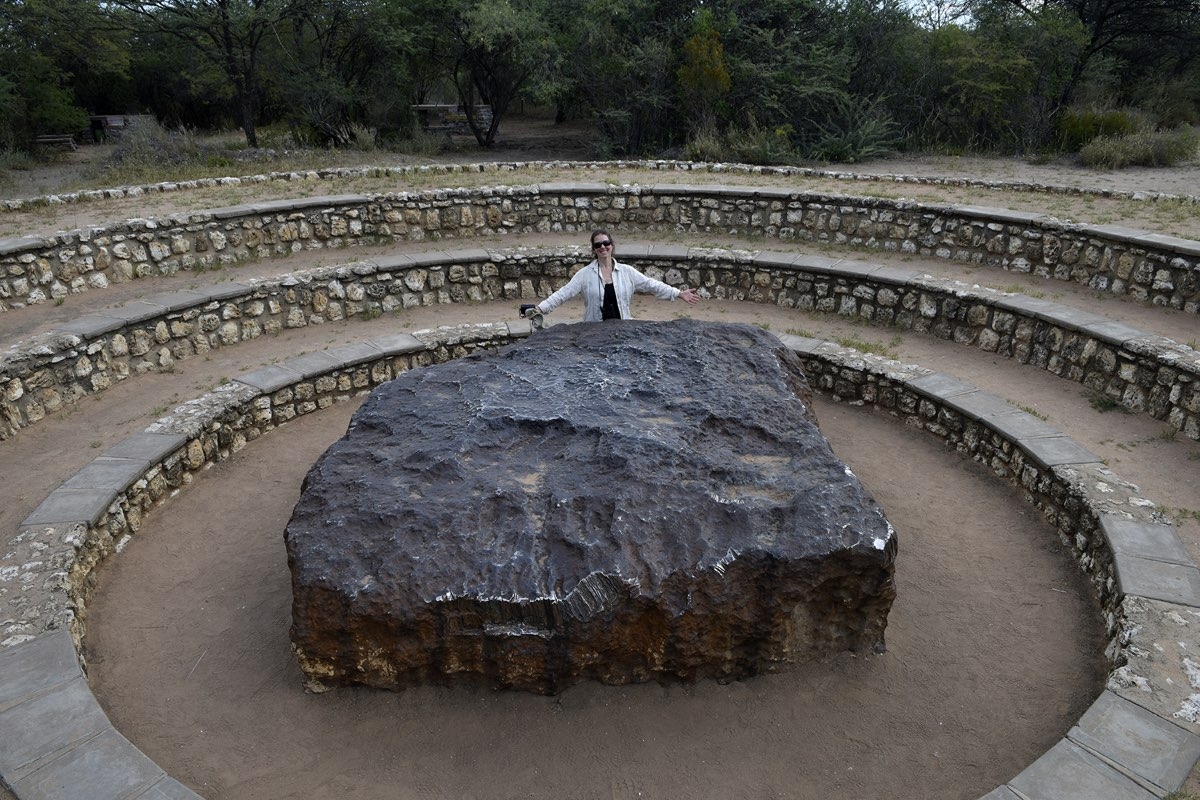

On December 7, 1941, the Japanese attack on Pearl Harbor would force the United States into World War II. As President Franklin Roosevelt had said almost a year earlier to Congress, on January 6, “At no previous time has American security been as seriously threatened from without as it is today.” Roosevelt then enumerated the four freedoms that were necessary for a nation to survive. Working from his home in Arlington, Vermont, Norman Rockwell, one of America’s most celebrated artists and illustrators, labored throughout the next year to complete a series of paintings for The Saturday Evening Post that illustrated those principles. READ ON
Norman Rockwell’s Freedom of Speech, which ran in the February 20, 1943, edition of The Saturday Evening Post. “Norman Rockwell: American Freedom” is on display at the Museum of Fine Arts, Houston, through March 22.
Read On







Graydon Carter and Alessandra Stanley
Chris Garrett Michael Hainey George Kalogerakis Nathan King
Angela Panichi
John Tornow
Jim Kelly
Laura Jacobs
Ashley Baker
Ash Carter
Julia Vitale
Cazzie David
Emma Freud
Walter Isaacson
Pico Iyer
John Lahr
James Wolcott
Ann Schneider
Bob Mankoff
Randall Poster
Elena Clavarino Clementine Ford Alex Oliveira
Isabelle Harvie-Watt
Bridget Arsenault
Adam Nadler
Matt Kapp
Emine Gozde Sevim
H. Scott Jolley
Elinor Schneider
Emily Davis
Anjali Lewis
Marc Leyer
Madeline Spates